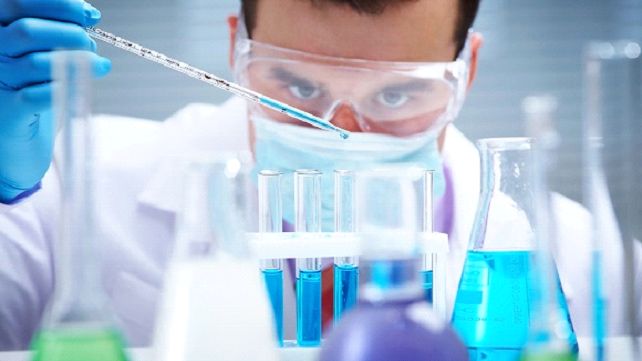By Sarah-Claire Jordan
 Medical translation in general is not an easy type of translation to do. Along with legal translation, it requires not only an extensive knowledge of whatever language pairs you work with as a translator, but also a deep understanding of specific terminologies in those languages. In the case of medical translation, these terminologies are constantly evolving and will vary from language to language depending on how a country deals with medicine.
Medical translation in general is not an easy type of translation to do. Along with legal translation, it requires not only an extensive knowledge of whatever language pairs you work with as a translator, but also a deep understanding of specific terminologies in those languages. In the case of medical translation, these terminologies are constantly evolving and will vary from language to language depending on how a country deals with medicine.
When you get even deeper into medical translation to the point where you reach the much more specific area of pharmaceutical translation, you will see that, besides being a bit of a niche industry, the pharmaceutical industry has even more complex and unique terminology. Since new medicines and remedies are always being developed, tested, marketed, and sometimes discarded, these terms are in a state of constant flux that forces translators keep themselves as up to date as possible in terms of these changes.
Pharmaceutical translations are also dependent on the pharmaceutical market, which in turn depends very much so on the economy of the country where the medications are developed and produced. Right now, the industry is in the midst of mass globalization, involving mergers between international companies and consolidations as well. This means that more and more pharmaceutical companies are in need of talented medical translators who specialize in the same sector.
Something else that goes along with the pharmaceutical industry is the fact that there are constantly things to deal with in terms of legal and financial issues. The simple fact that every single drug that makes it to the market has to go through such extensive research and testing before it is even approved to be sold means besides the actual translation itself of the medical information, pharmaceutical translators have to deal with legal translation and business translation as well.
A challenge that is intrinsically tied to the current globalization of the pharmaceutical industry is the fact that the volume of work has dramatically increased. While this is certainly a boon for translation companies that specialize in medical translation, it is also something these companies can struggle with as there very well may be more work out there than people to effectively get it done. This can put a lot of pressure on any one pharmaceutical translator as they try to do the best they can and stay abreast of their competition at the same time.
All in all, pharmaceutical translation shares many of the same challenges of any other type of translation, but with some very industry-specific hindrances as well. If you are a business owner who is in need of translation services, keep in mind that the only companies who are adequately prepared to deal with pharmaceutical translations are those with years of experience in the same area. Never try to cut corners by asking a bilingual doctor or pharmacist, and especially by using machine translation. Though there may not be as many translation agencies with the right team members for the job as you would like, the ones that do have these members are worth working with.




